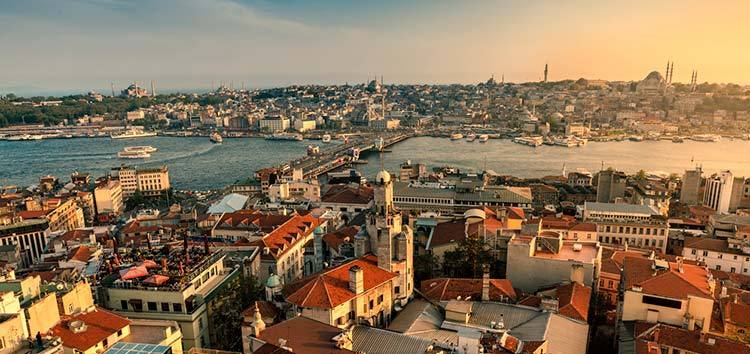Building energy efficient housing in Türkiye

Investor
Mono Insaat

Location
Istanbul, Türkiye

Investment
Reconstruction projects

Energy savings
502,000 kWh per year

CO2 savings
117 tonnes per year

Donor
CIF, EU

As a response to earthquake risk in large parts of Türkiye, old buildings are being transformed into new and earthquake-proof ones under the Government’s Urban Transformation Plan (UTP). In most of the parts of Istanbul too this plan is being implemented.
Mono Insaat is a medium sized construction company that reconstructs buildings in Istanbul. The company agreed with several building owners to reconstruct their buildings.
Mono Insaat applied for a loan with Türkiye Residential Energy Efficiency Financing Facility (TuREEFF) and was also interested in getting technical assistance from the engineering team of TuREEFF to identify the necessary building design adjustments to increase the energy efficiency of the building from level C (standard level required by laws in Türkiye) to a higher level, B.
After the first reconstruction project, Mono applied the same scheme for 2 more projects and positioned itself as a company that cares about energy efficiency and environmental issues.
The impact of these projects is to lower the energy bills and improve the quality of life for the residents. Furthermore, because of reduced carbon emission from the buildings, the environment is also better off.
These projects also provide an inspiring example for the neighbourhood and play a pioneering role for the future projects which will be developed in the region.
The overall energy saving is 502,014 kWh per year, which is equivalent to the electricity consumption of 212 households on a yearly basis.
This new building with EPC B Class led to a reduction of the CO2 emissions by 117 tonnes per year, which is equivalent to the annual reduction of CO2 created by 5,390 trees.
TuREEFF in Turkey was developed by the European Bank for Reconstruction and Development (EBRD) and is supported by the Climate Technology Fund under the Clean Investment Funds (CIF) and European Union (EU).



